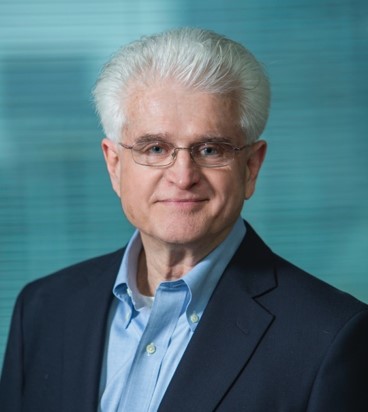 If you know Daryl Conner, you’ve heard this before. Daryl was my first true change mentor; I am 99.9% sure I heard “No time outs, no substitutions” in my first class with him in 1988. I still “hear” it in his writings and hear it in his speeches and conversations with clients on a regular basis.
If you know Daryl Conner, you’ve heard this before. Daryl was my first true change mentor; I am 99.9% sure I heard “No time outs, no substitutions” in my first class with him in 1988. I still “hear” it in his writings and hear it in his speeches and conversations with clients on a regular basis.
No time outs, no substitutions.
It’s a great sound byte. it conveys at least two important messages in five simple words. But, when it comes to change, what does it really mean? And, is it true?
No Time Outs
I interpret this part of the statement in two different, and complementary, ways.
First, you can’t take a time out from change…Many changes that affect you will continue to move forward, whether you engage with them or not. Social change–while it often feels like it is crawling for those engaged with it–is ongoing. Change in our organizations is a constant; this means for most of us who are other than self-employed, unemployed, or retired, we need to change to align with what our organizations are expecting of us, or we need to change the organization we are aligned with. Likewise, we experience some level of change in our personal lives, if only to keep up with those social and organizational changes that are shifting the world in which we live.
Then there are changes in our personal lives that we drive, or that others are driving but which affect us. Our children grow up, go away to school, move home again after graduation (or not) and start their own families. Divorce. Remarriage. New leisure activities, and/or major changes in the ones that we have engaged in for decades due to new technologies, new tools, and/or the demise of the old. A new home, or remodeling and renovation of the old one. The changes that pervade our personal lives are endless, leaving virtually every one of us, at some time or another, wishing we could just “close the door and hide from the world.”
This leads to my second interpretation of “No time outs.” We all know someone who has, at least to a significant degree, “closed the door and hid from the world.” The problem with doing so for any period of time is that you end up causing yourself major change and stress in a totally unanticipated way…as you remain relatively static, the world around you continues to change. Inevitably, you become more and more isolated from that world as it becomes more and more distant to you.
It’s true. When it comes to change, there are no time outs.
No Substitutions
If you are touched by a change, you have one or more roles in it. Your role, or roles, are determined by the change and your relationship to it. While different change methodologies use different labels (and sometimes different definitions), there are two broadly defined change roles–“target” and “sponsor”–that I will briefly address here; the role labels and definitions come from the Conner Partners change methodology, but are found in many other approaches as well. As you will see, these roles are independent of the scope of the change (personal, organization, or societal).
The role that you will have, regardless of any other, is that of “target.” Every change requires shifts in thinking and/or behavior for one or more individuals, the “targets” of the change. Whether you are initiating the change, advocating for it, or supporting its execution, it is likely that you will have to make changes in your own thinking and/or behavior for the change to be successful. There is no substitution; if you step away from the change–refuse to be a target–we are back to the second part of the “no time outs” conversation above; you are becoming the target of a different change.
“Sponsors” of change are those responsible for communicating the change, and for holding people accountable–through consequences–for its execution. All too often, especially in organizations, people will try to substitute sponsors. The chief technology officer is called the sponsor of the new human resources system, even though she has no authority to administer consequences (positive or negative) beyond her own department; a chief medical officer is called the sponsor of the hospital merger, even though he has consequence control over only some of the medical staff and employees of the two institutions. In neither of these cases is the change likely to deliver its desired results.
At the personal level, parents are often sponsors of change in their children’s lives; you can’t delegate parenting. Sometimes you are the target to yourself as a sponsor. For example, when you make the decision to change careers and return to school, others can cheer you on, or support you by taking over household chores and not disrupting you while you study…but you are the one that holds yourself accountable for whether or not you do study. No one can substitute for you in this sponsor role.
We often talk about change advocates and agents, along with targets and sponsors. To the degree that these individuals are outside of the change, they are replaceable. However, to the degree that they are themselves targets and/or sponsors of the change, there are no substitutions.
It’s true. When it comes to change, there are no substitutions.
Have you found a way to take a time out, or make a substitution during change?